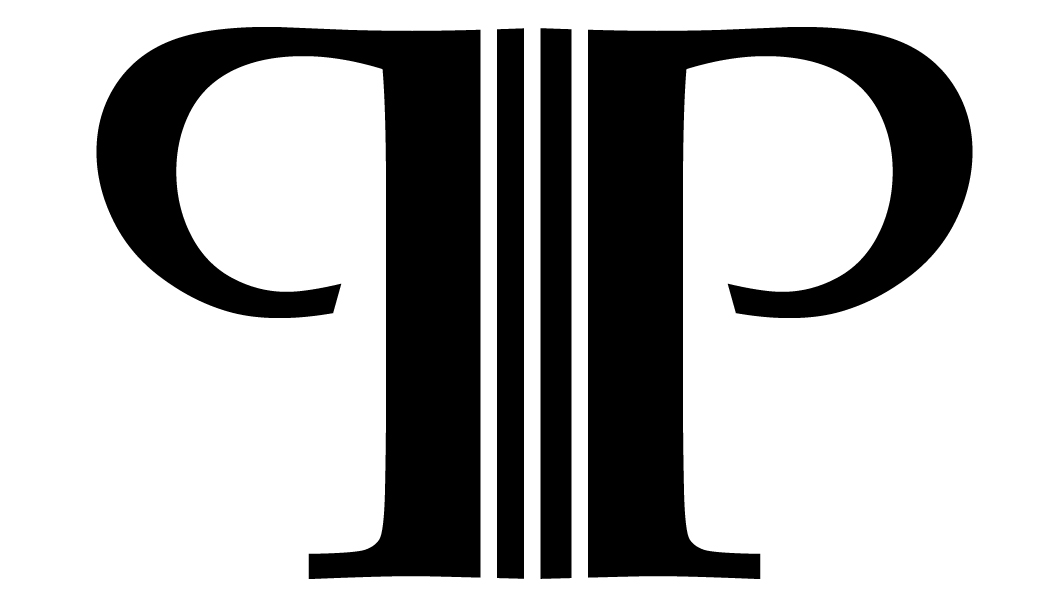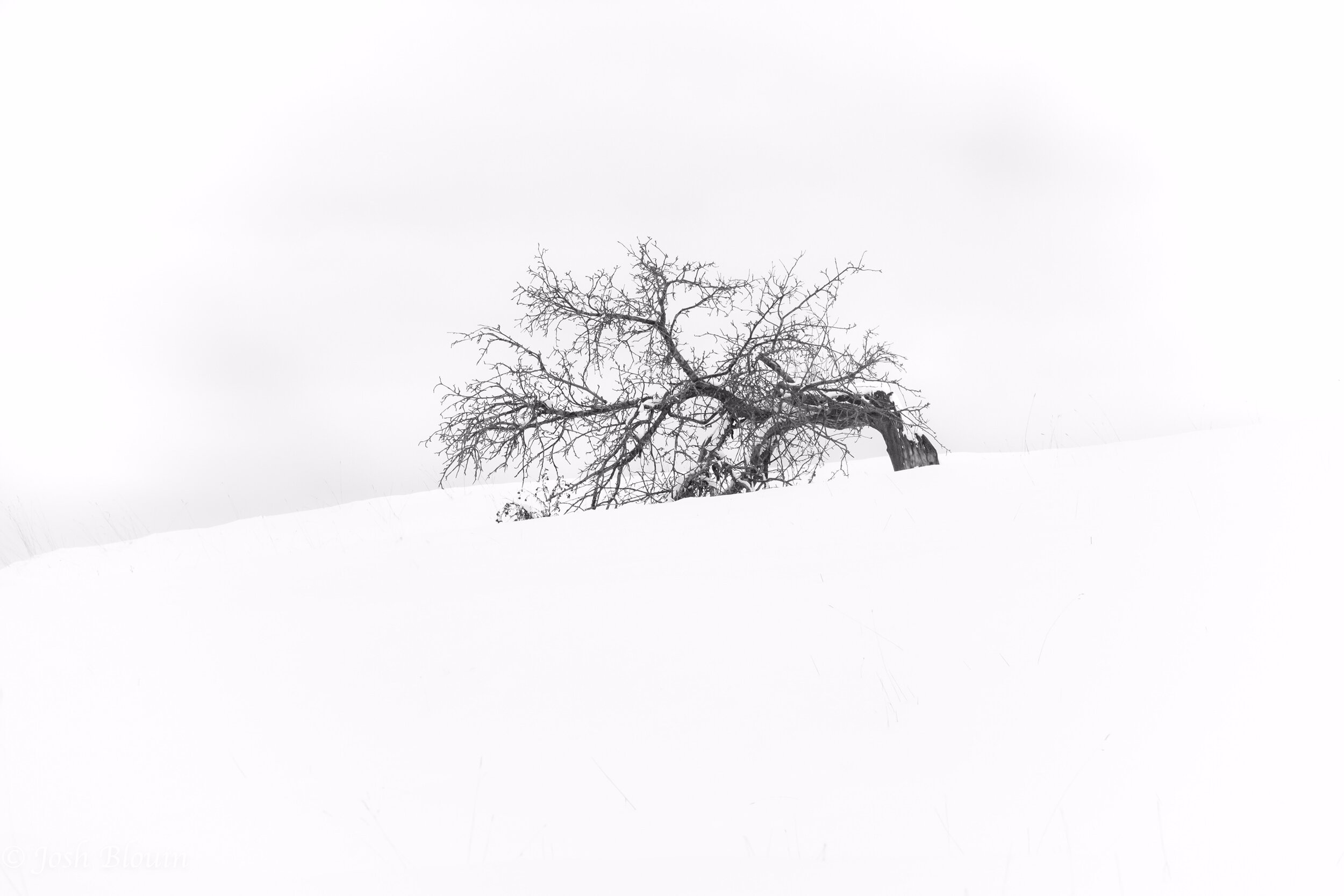Sitting here writing, the wood stove beside me silent, resting after a long winter's work. Outside I'm watching the new, tender, green leaves tremble under a steady spring rain. I've just come back from an aborted run with two out of my three dogs. Bronte lies curled on the stone floor next to the bathtub: apparently wedged between porcelain fixtures is close enough to a den for her so as to avoid having to deal with the first thunder of the season.
I've been working with a lot of students on Bach recently. It has made me think about the Suites and the fact that, if asked, I would say that the music “most likely to want to play” would have to be The Bach Suites. In part this is because you see the music and hear it so much. It has, unfortunately, much like Ravel's Bolero, or Saint Saen's Swan, become theme for car and credit card advertisements.
Certain Etudes seem to be written clearly in preparation for the Suites, in particular for the Prelude to the First Suite. There are variations of the Suites written so that even the earliest beginner can Bariolage in slow motion.
I usually give a copy of The Suites as a holiday gift. It is standard repertoire for progressing students: something all cellists must tackle and then tackle again. People hold the music against their chest and sigh. It is held out as a gift, in many ways, to the player when the time is right.
There is always a moment when someone asks to begin the Bach Suites. It is done in a lilting voice and a rather flirtatious, hopeful glance. They also always, always want to begin with the Prelude to the First Suite. Somewhere in the air I am sure I'm hearing Bach's laughter.
There are many techniques that need to be in place before I feel someone is ready to begin the Suites. Beyond that skill-set is confidence born from enough time on the cello. Without that, discouragement is seeded.
When the time is right, the moon is full, and someone is wearing a green shirt on a Tuesday...we begin. If I am feeling kindly, we begin at the beginning. I talk about the beauty of being unaccompanied being that the entire harmonic structure is formed by a single cello line. Another beauty is that many tempo interpretations can be allowed. The hint in my voice: unmistakably largo.
Any good adventure begins with preparation; off slur, drone and metronome in hand and a snack...always a snack. It is always a good idea to take bite size pieces of a large task. Making something difficult manageable. I find that most people take a look at the notes and the rhythm and shrug a little, as if to say “what is the big deal?” and somewhere in the air I am sure I'm again hearing Bach's laughter...and not for the last time. They have heard the piece, they have watched countless YouTube performances of it being played at warp speed, so page one doesn't seem too daunting. We stay off slur to round into page two. When assigning the second page I try to keep other assignments to a minimum because I know where we are going.
David comes up on Skype, head in hands and tells me that he has been wrestling with the last half of the second page all week. He shows me the notes full of swearing both about the piece and at me. I accept it graciously. Worse has been said. “Man,” he grumbles, “I had no idea.”
My point exactly.
A teacher once told me, “It isn't what you play- it is how you play it.” I use this phrase repeatedly with my students, especially when working with Bach. Those notes that look so innocuous on the page are so difficult to turn into the beautiful, moving lines that we want to roll off our bow. Challenging positions manifested by difficult fingerings, bowings that connect a phrase into just the first eighth note of the beginning of the next phrase, call and response dynamics when all that seems possible is to get the damn notes on the page. These challanges are all hiding in our plain sight.
There has been question that the Suites were originally written as etudes and Casals used that idea. In fact, when asked why he continued, at the age of 93, to work on the Suites daily, he responded, “because I think I am getting better.”
Perhaps that is the attitude we should take when beginning to study the Bach Suites; that they are an extension of the etudenal work we do each day. We understand that playing scales repeatedly has benefit - we don't expect to play a four octave A major scale once and say that we have played it, mastered it and, should be done with it. We inherently know that there is value in the repetition and, because of this, like Casals, we keep getting better.
Patience, Perseverance and staying on the path.
Melissa Perley














